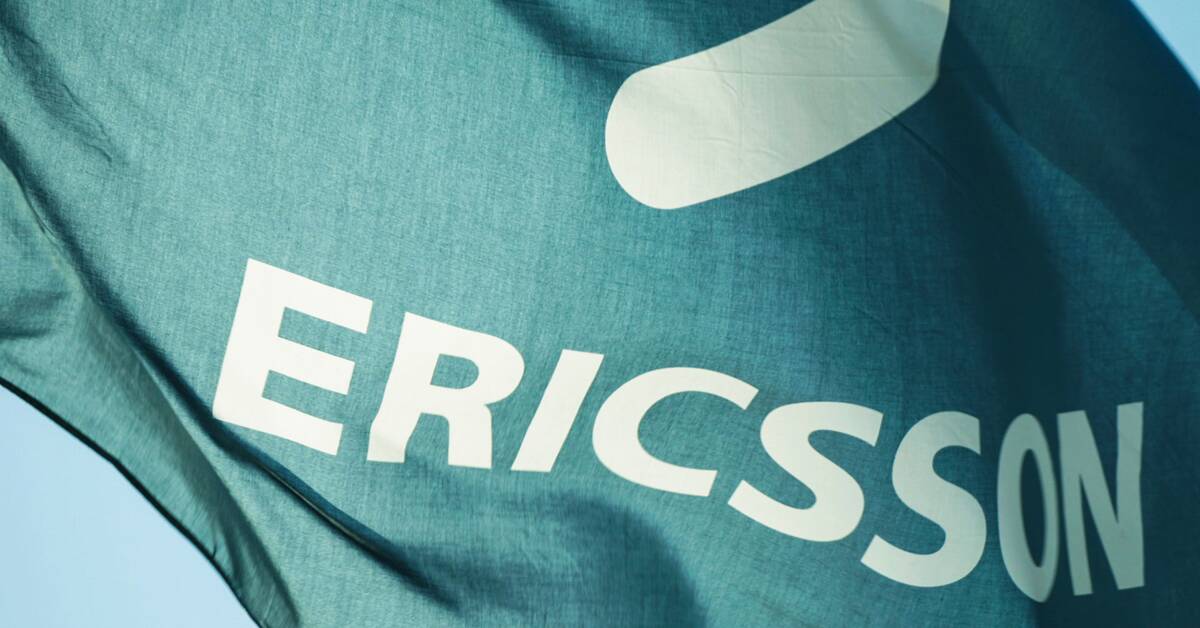Assignment review has together with over 100 journalists from around the world worked for months to reveal how the telecom giant Ericsson worked in Iraq when the terrorist organization Islamic State took over in the region.
Since last autumn, we have been looking for CEO Börje Ekholm for an interview about the company's work with compliance - company English for compliance - which he has made a key word for the company in recent years.
The reason is 79 pages long: A secret internal report on Ericsson's suspected bribery deals with IS, which Assignment Review and the journalist organization ICIJ have received from a secret source.
In recent weeks, we have asked Ericsson detailed questions.
The reasons are:
• We make sure that those we review are allowed to take part in the criticism in good time in order to be able to respond with their best arguments.
• We want the representatives of Ericsson to understand the seriousness of our issues.
Javascript is disabled
Javascript must be turned on to play video
Read more about browser support
The browser is not supported
SVT does not support playback in your browser.
We therefore recommend that you switch to a different browser.
Read more about browser support
Hear about 22 million emails and documents that could aggravate the situation for Ericsson.
Photo: Photo: Jessica Gow / TT / Propaganda image IS
The reporters with knowledge are denied an interview
In modern companies, words like "transparency" are often found high up in policy documents.
When Ericsson receives 34 detailed questions from Assignment Review and ICIJ, it chooses to use just that word in its answer.
But not by booking an appointment for an interview, but by sending out a press release stating that "we are committed to transparency".
Our reporters with knowledge of Ericsson's own internal report from 2019 are denied interviews.
Was seen through
Instead, CEO Börje Ekholm allows himself to be questioned by a reporter at the business newspaper Dagens Industri - a crisis management method that even the same newspaper questions in a comment the next day:
"Instead of responding to the inquiries received and letting the journalists who dug up the information deliver their news, they choose to turn to reporters who do not have the same information situation."
Ericsson's maneuver was not liked by the market.
In the coming days, the company lost almost SEK 70 billion in market capitalization.
They said they were transparent.
They were seen through.

